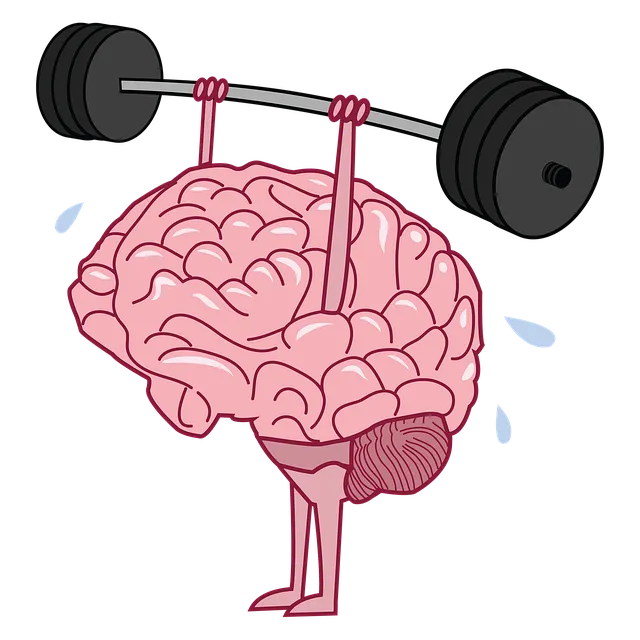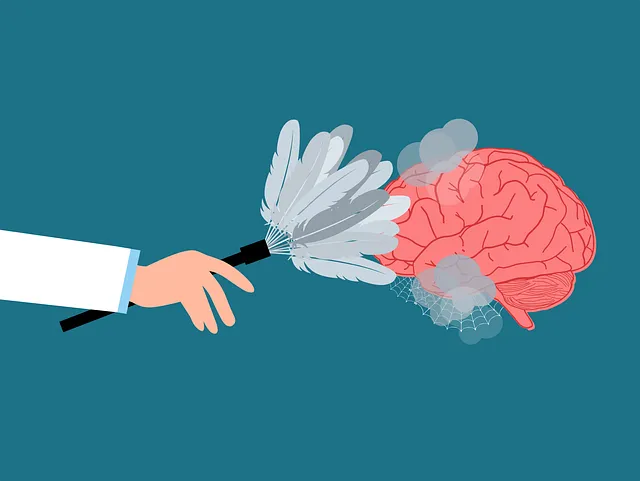Evaluating therapist quality is crucial for trauma support, with Kaiser setting a high standard. Superior therapists at Kaiser foster self-awareness, open communication, and respect, actively listening and challenging stigma. They offer personalized stress reduction methods and safe spaces to help clients navigate their trauma journeys and enhance well-being. Kaiser's Trauma Support Services utilize evidence-based techniques like EMDR and workshops teaching practical skills for effective healing and resilience.
“Discovering effective trauma support services is crucial for healing. This article explores the critical components of trauma therapy, focusing on Kaiser’s therapist quality and whether their services measure up. We delve into what constitutes a superior therapist and how Kaiser’s offerings compare. Additionally, we examine the availability and accessibility of these services, along with best practices in trauma therapy. By understanding these aspects, individuals can make informed decisions when seeking support for their traumatic experiences.”
- Evaluating Kaiser's Therapist Quality: What Makes a Good Therapist?
- Accessing Trauma Support Services: Availability and Reach
- Effective Trauma Therapy: Techniques and Best Practices Employed
Evaluating Kaiser's Therapist Quality: What Makes a Good Therapist?

Evaluating the quality of therapists is paramount when assessing trauma support services, and Kaiser’s commitment to excellence is evident in its rigorous standards. A good therapist fosters an environment that promotes self-awareness exercises, encourages open communication, and respects individual experiences. They should possess strong active listening skills, empathy, and cultural sensitivity, ensuring clients feel heard, understood, and valued.
The superior therapists at Kaiser go beyond providing mere guidance; they actively work with clients to challenge mental illness stigma reduction efforts and implement effective stress reduction methods tailored to their unique needs. By fostering a safe and supportive space, these professionals enable individuals to navigate their trauma journeys effectively, ultimately enhancing their overall well-being.
Accessing Trauma Support Services: Availability and Reach

Accessing trauma support services is a vital step for individuals looking to heal from past experiences. In areas where mental health resources are readily available, such as in well-resourced regions or through exceptional healthcare providers like Kaiser, individuals have increased opportunities to connect with competent therapists. The availability of these services plays a significant role in ensuring that people can receive the necessary care, especially those dealing with complex trauma.
The reach of trauma support services extends beyond physical accessibility; it also involves addressing barriers like cost, stigma, and lack of awareness. When considering whether Kaiser has good therapists, superior access to quality care becomes a primary concern. Effective therapy should be accessible to all who need it, offering not just treatment for symptoms but comprehensive support that includes mood management techniques, confidence-boosting strategies, and stress reduction methods.
Effective Trauma Therapy: Techniques and Best Practices Employed

Effective trauma therapy involves a range of evidence-based techniques and best practices to ensure superior support for individuals dealing with traumatic experiences. One prominent approach is Eye Movement Desensitization and Reprocessing (EMDR), which helps patients process and resolve distressing memories by focusing on bilateral stimulation, such as side-to-side eye movements or tactile taps. This method has been recognized as highly effective by organizations like the World Health Organization for its ability to reduce symptoms of post-traumatic stress disorder (PTSD).
Additionally, self-awareness exercises play a crucial role in trauma therapy. Encouraging patients to explore their thoughts, feelings, and bodily sensations without judgment fosters deeper understanding and coping mechanisms. Trauma support services provided by organizations like Kaiser often incorporate Stress Management Workshops to teach individuals practical skills for managing anxiety and stress related to traumatic events. These workshops promote resilience and empower individuals to take control of their mental health, ultimately enhancing the overall effectiveness of therapy.
In evaluating trauma support services, it’s evident that Kaiser’s commitment to quality is reflected in its therapist training and best practices. By focusing on both the superior therapist quality and effective therapy techniques, Kaiser ensures individuals accessing their services receive compassionate and skilled care. While access remains a consideration, the overall provision of trauma support within Kaiser demonstrates a promising approach to healing and recovery.






